
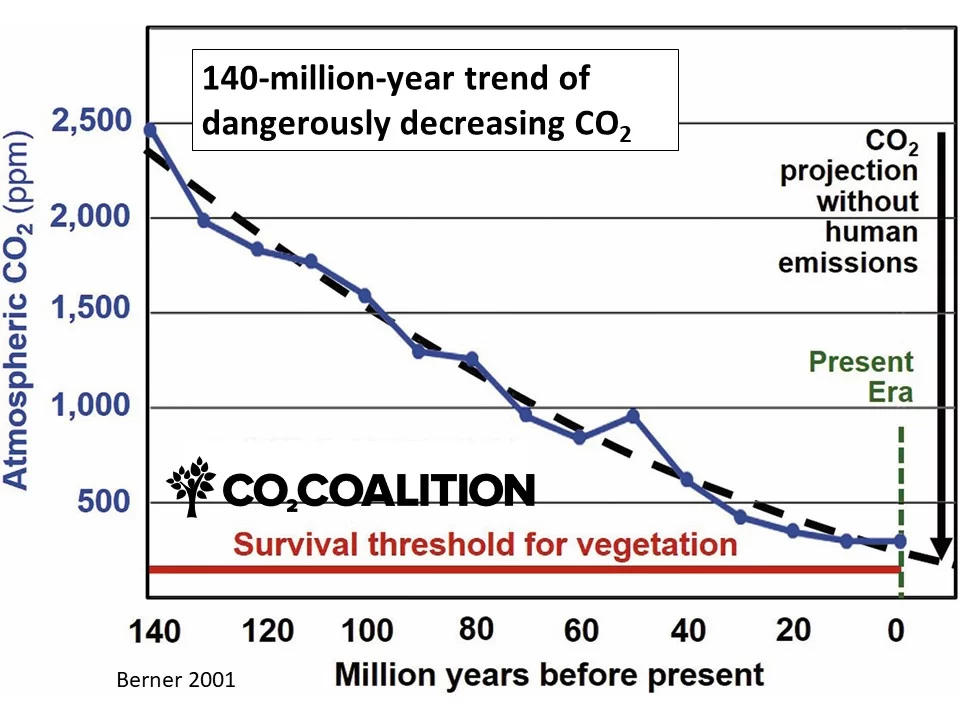
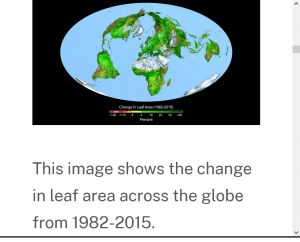
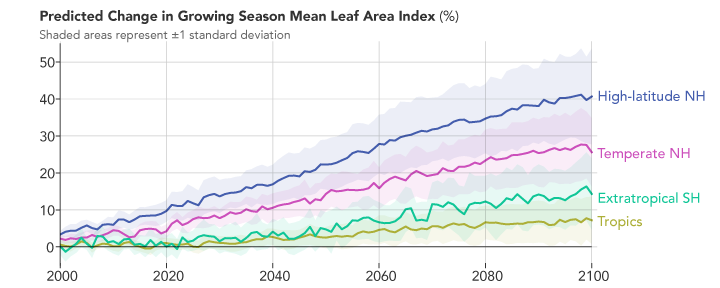
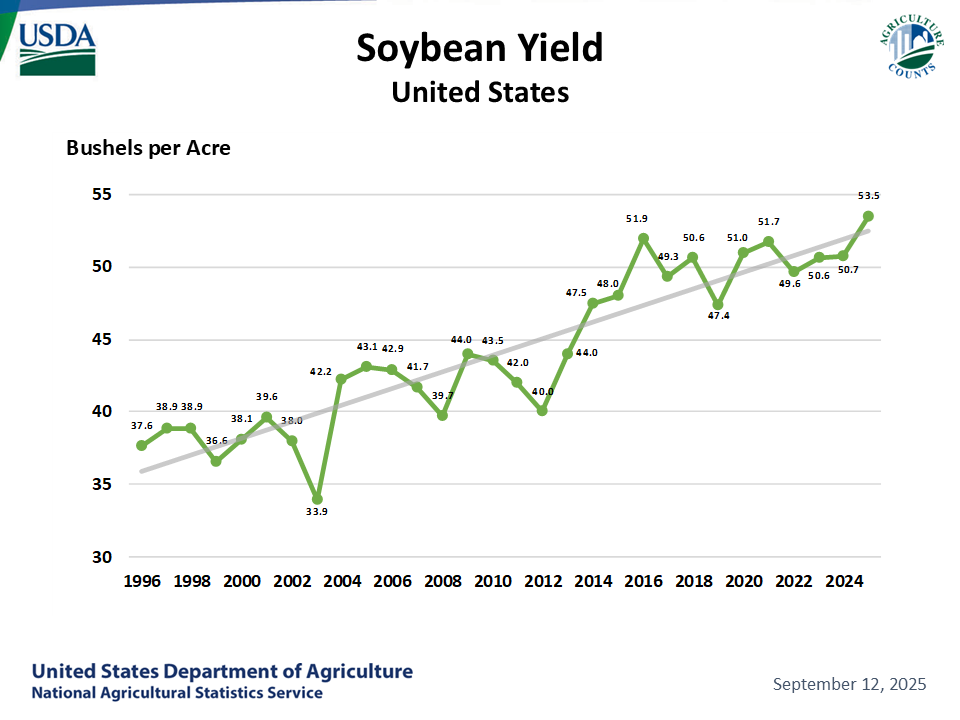
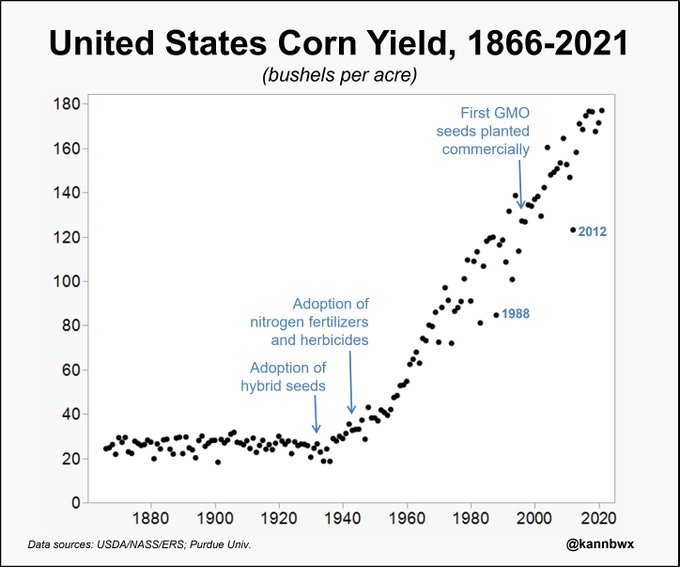
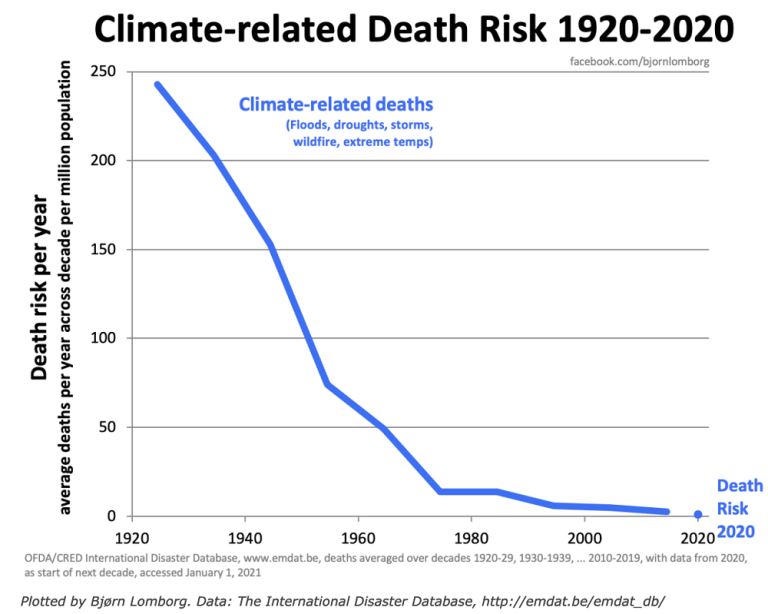
The planet had a REAL climate crisis between 1876 and 1878.
50 million people died. 3% of the global population died from that real climate crisis!
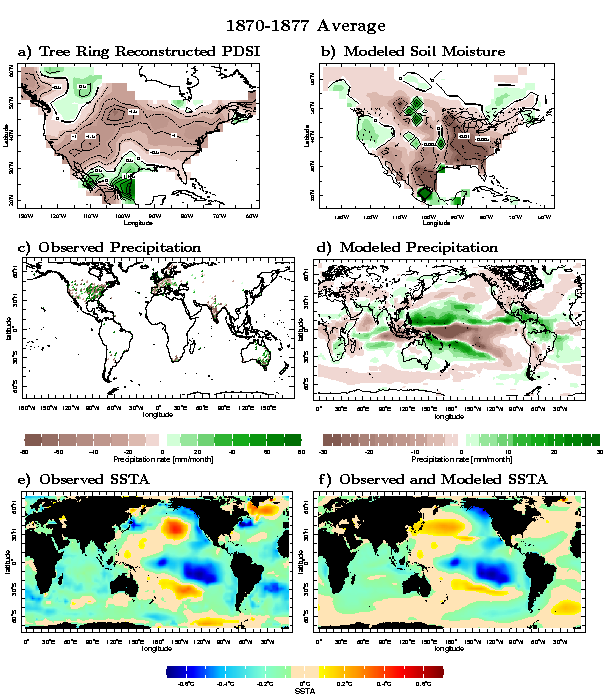
Meteorology 101 tells us what happens when the planet sees the temperature of the highest latitudes (coldest places, especially coldest time of year) warmed up the most. This is beneficial warming!
Weather becomes LESS extreme in several realms!
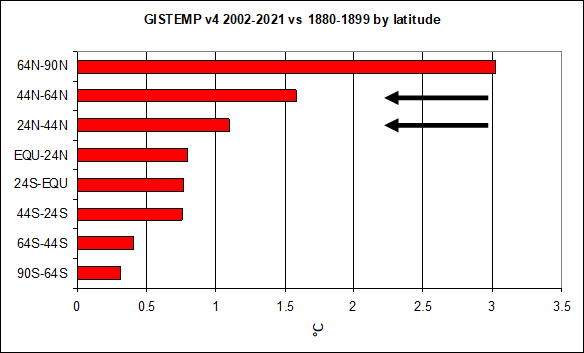
Re: Re: Re: Re: Re: Re: Re: Melissa
By metmike - Nov. 1, 2025, 11:39 a.m.
While not all the data based on observations is conclusive, there are a few physical principles that apply indisputably.
1. A warmer ocean/atmosphere causes weather systems to hold more moisture. +7% for each +1 Deg. C of warming. Hurricanes in this century are dumping more rains than hurricanes last century with this warming super imposed on them. Each hurricane is different and there are numerous other factors, however this is a law of physics/meteorology that is indisputable.
2. The tropical oceans have warmed up around 1 Deg. C the last 100 years. There is a strong correlation between water temperatures above 79 Deg F and hurricane intensity too. It's why we don't have hurricanes in the Winter in this hemisphere, because the water is not warm enough.
3. Global warming is impacting the highest latitudes of the Northern Hemisphere the most. It has warmed the tropics close to 1 Deg. C. However, it has REDUCED the temperature differential between the higher latitudes and the lower latitudes. This is reducing the temperature gradient which means less energy for storms outside of the tropics. This could possibly reduce the need for hurricanes to transport heat and exhaust heat to space to balance the heat disparity with latitude. This could be indirectly suppressing the number of hurricanes.
Meteorology 101 tells us what happens when the planet sees the temperature of the highest latitudes (coldest places, especially coldest time of year) warmed up the most. This is beneficial warming!
Weather becomes LESS extreme in several realms!
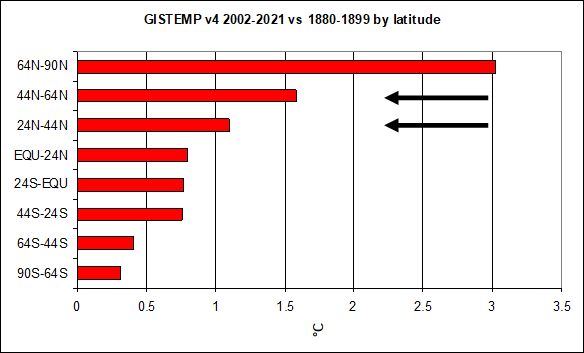
4. Common sense tells us that if the tropics are close to 1 deg. C warmer, then the hurricane zones will start hurricane season earlier and end it later.
5. Anomalously warm water temperatures are a factor for hurricanes experiencing rapid intensification.
Global warming impacts many other realms on the planet. For the VAST majority of life on this planet, this is a wonderful climate OPTIMUM.
Slightly warmer oceans clearly are a negative for humans that live in the tropics. However, the increase in CO2 is indisputably resulting in at least a 28% increase in food production, just from the added CO2 fertilization. (+140 parts per million X 1%/5 ppm) and likely more from the better growing conditions added to that. Billions of poor on our planet benefit the most.
We are using LESS energy for heating and cooling.
We are having LESS deaths from extreme temperatures.
We are having LESS violent tornadoes.
Sea levels are increasing at a bit more than 1 inch/DECADE.
Heat waves are slightly warmer in some places but mostly from overnight temperatures and its been this warm before:
https://en.wikipedia.org/wiki/Holocene_climatic_optimum
A scientifically objective and honest person would acknowledge that for people that live in the hurricane vulnerable tropics of the Northern Hemisphere, even though this region is experiencing the LEAST WARMING in the Northern Hemisphere, the rising seas (along some coastlines) and potentially stronger hurricanes make the overall climate change consequences a big negative in some areas.
If you live in a coastal country suffering from widespread starvation, food may still be your most important priority. Outside of the tropics it IS your most important priority.
For the vast majority of the world of 8,000,000,000+ people, 28%+ more food by itself outweighs everything else. What is ironic is that the consequences of FAKE green energy(fossil fuels are the only REAL green energy as they massively green up the planet) are far worse than the FAKE climate crisis they are supposed to be helping to fix.
The impact of anti environmental, FAKE green energy also does tremendous environmental damage, the exact opposite of what we are told.
+++++++++++++++
In the aftermath of Hurricane Melissa in Jamaica, we should be sensitive to their needs and have compassion with assistance for them. At the same time, hurricanes as strong as Melissa happened a century ago with the old climate. The Labor Day Hurricane in 1935, for instance. Or Hurricane Camille in 1969 were 2 Cat. 5 hurricanes that hit the US during the "old climate" regime. Hurricanes like this will still happen, regardless of what humans do with CO2 emissions.
On the other hand, the 28% increase in food from the increase in CO2 is 100% indisputable. And we are still less than half the optimal level of CO2 in the atmosphere for life(which is around 900 ppm). Food and the cost of food is much more critical for the poor around the world...........BILLIONS of people.
Again, if you live in Jamaica right now, none of that matters. However, if you are honest, objective and balanced it should matter. If you rely on information from sources that tell you CO2 is carbon pollution (when its a beneficial gas-carbon is a solid) and that its killing the planet.......when its rescued the planet from dangerously low and damaging levels, then your source is speaking with fork tongue science!
Death by GREENING!
52 responses | 0 likes
Started by metmike - May 11, 2021, 2:31 p.m.
Death by GREENING! - MarketForum
++++++++++++++
One final note about hurricane intensity. An increase in top winds in an individual storm from 170 to 180 mph(or +10 mph at any magnitude) seems tiny when using a linear scale. However, potential wind damage increases on an EXPONENTIAL scale. For every +10 mph in wind strength the amount of potential damage goes up 100%.
No kidding!!!
By metmike - Oct. 27, 2025, 11:12 a.m.
A team of scientists has unlocked a rare isotope in microscopic fossils, revealing a glimmer of hope for the resilience of ocean ecosystems.
In a new study co-led by Patrick Rafter of the University of South Florida, researchers show that warming in the tropical Pacific — home to some of the world’s most productive fisheries — may not trigger the severe decline in nutrients predicted by earlier models. Instead, the region’s fisheries could remain productive even as ocean temperatures rise.
https://earthobservatory.nasa.gov/images/152519/emissions-from-fossil-fuels-continue-to-rise
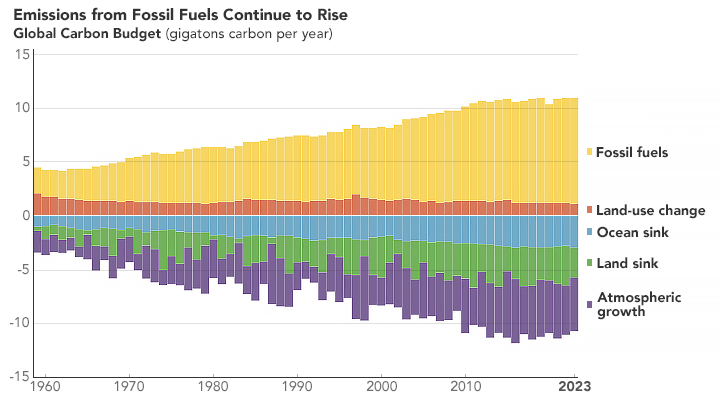
metmike: Around 25% of the CO2 released into the atmosphere from humans is absorbed into the oceans. Around 30% of it is absorbed by plants thru photosynthesis on our greening planet. Around half of it accumulates in the atmosphere.
Global Carbon Budget 2024
https://essd.copernicus.org/articles/17/965/2025/essd-17-965-2025.pdf
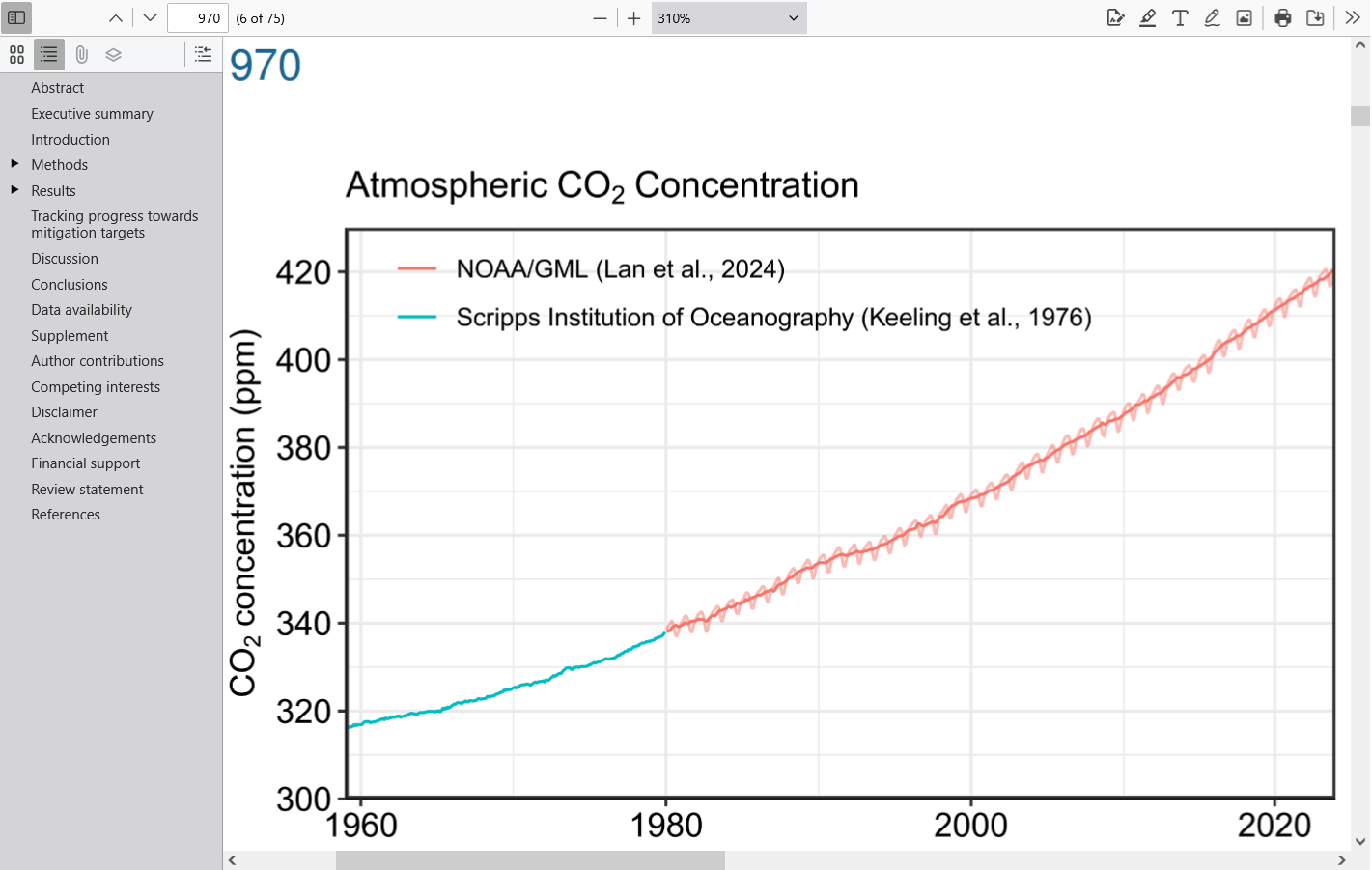
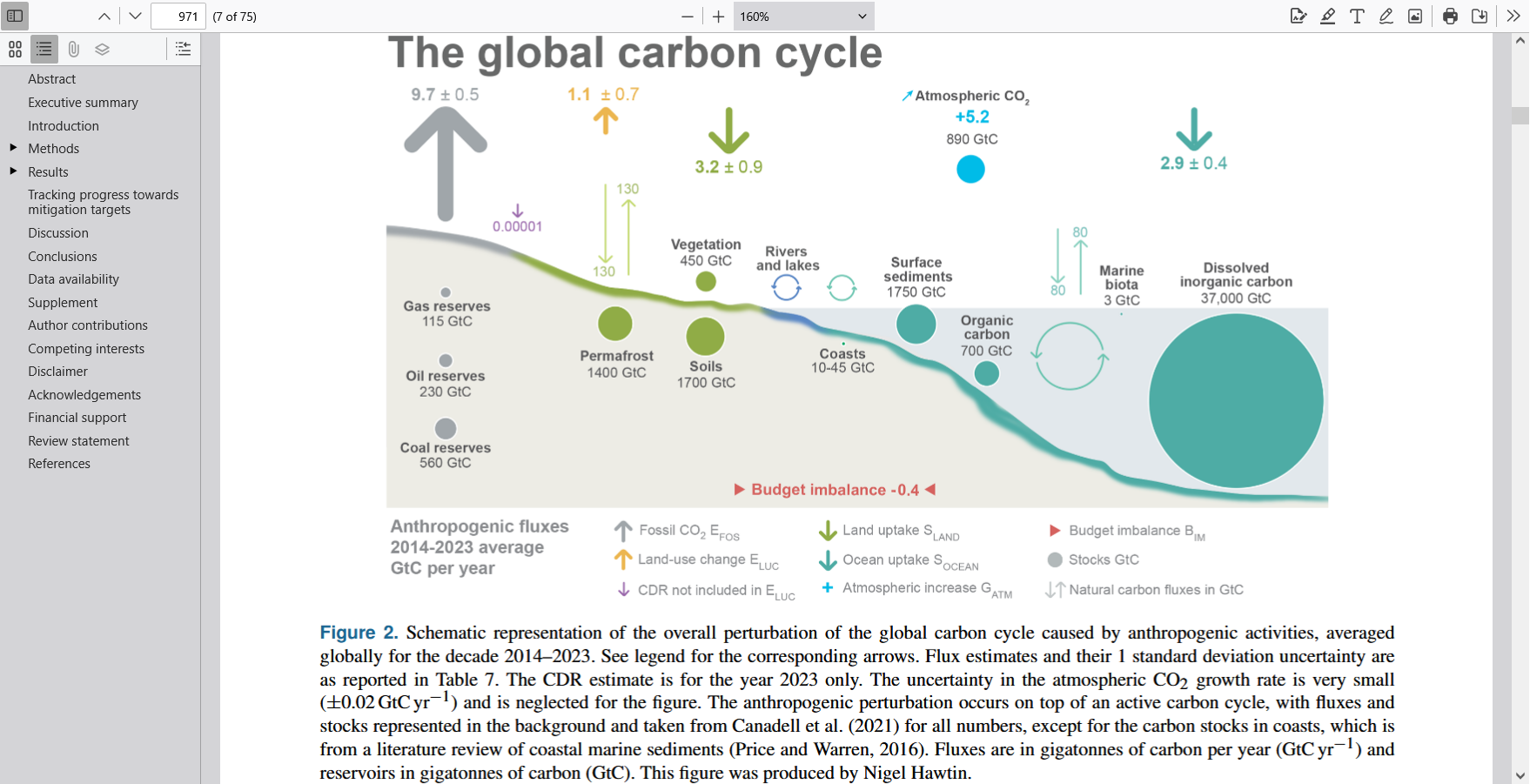
+++++++++++++==
metmike:
Total emissions from all the volcanoes ~2 billion pounds/day
Total emissions from human respiration ~16 billion pounds/day
Total emission from burning fossil fuels ~230 billion pound/day
++++++++++++++=
The role of the ocean in the global carbon cycle
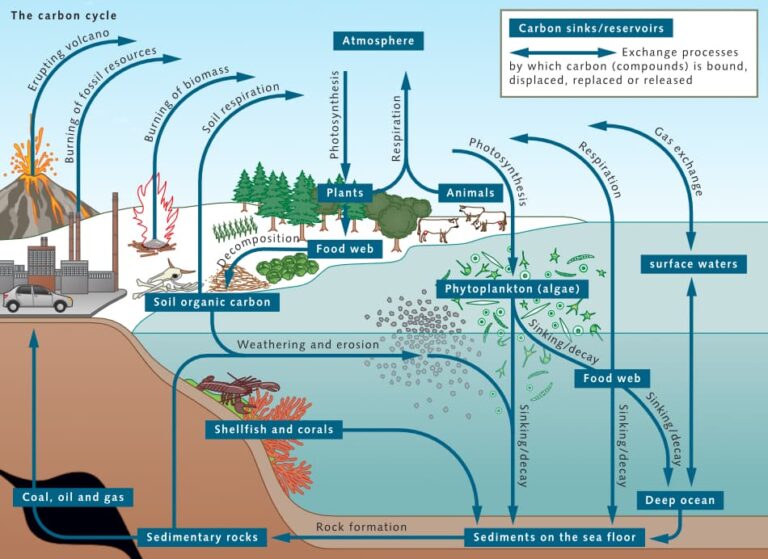
There is 50 times more CO2 dissolved in sea water compared to the atmosphere.
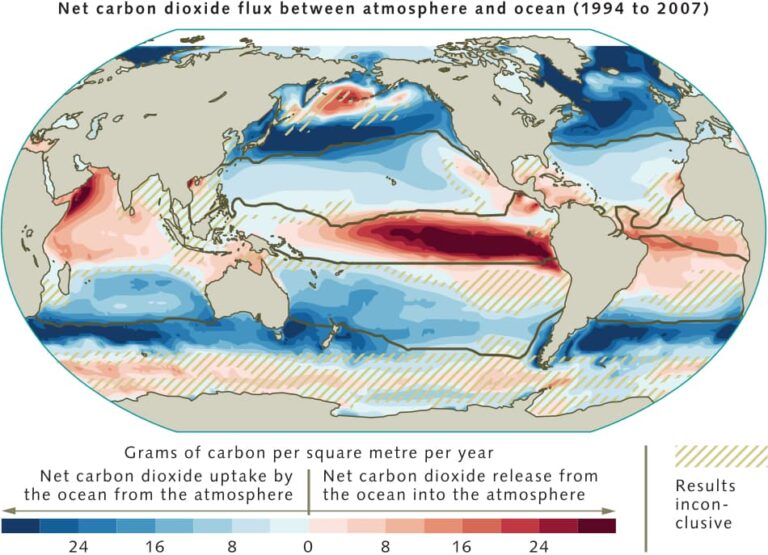
That's NOT me in the first segment.
I come on at the 23 minute mark for the rest of the 60 minute show.
https://www.bektv.plus/videos/ladiesofanotherview/2025-11-05